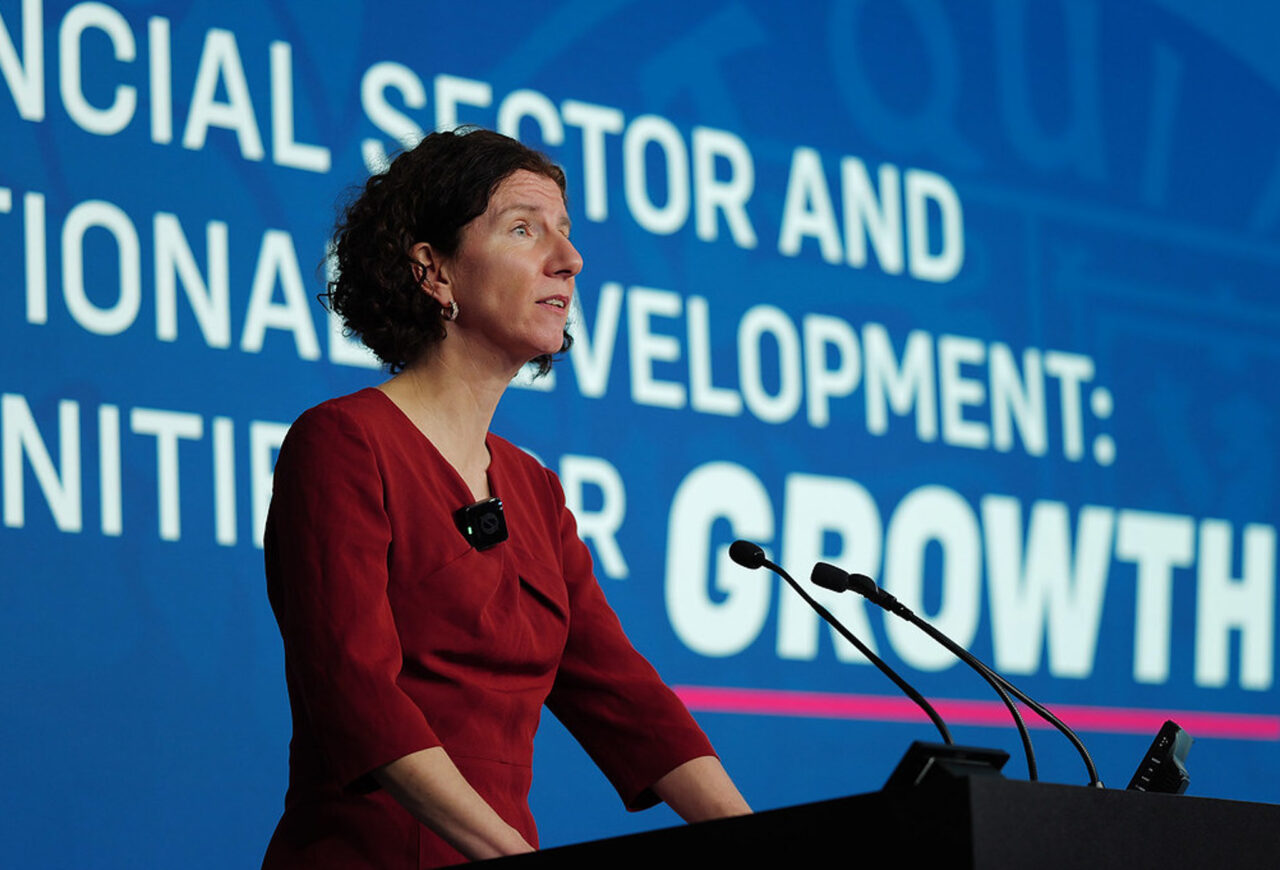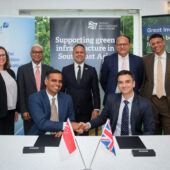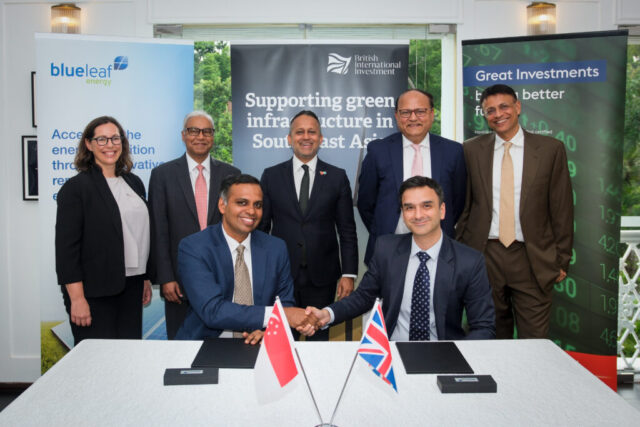Ministers want to see more money from the City of London invested in companies in emerging markets whose businesses help meet climate goals.

The UK government has announced fresh funding of up to £100m (€120m) for its MOBILIST programme to facilitate equity listings in emerging markets, and has underscored the pivotal role it sees for private investment in meeting global development goals.
MOBILIST provides capital to catalyse the initial public offering (IPO) of listed products on public markets in developing countries in order to scale private investment that supports development and the climate transition.
According to Anneliese Dodds, the UK’s minister for development, the new funding is expected to generate between £400m and £600m of new investments in businesses across emerging markets by making it easier for private capital into flow to them.
“This will allow MOBILIST to provide a platform for even more partners to draw on UK financial expertise – unlocking opportunities for investments in green growth and helping more businesses to access new and affordable sources of capital across Asia, Africa, and Latin America, ” she said in a speech to the London Stock Exchange (LSE) on 3 February.
Besides making equity investments, MOBILIST also provides technical assistance to support the listing process and carries out research on policy reform. The programme is delivered in partnership with the Norwegian and Swiss governments.
Transactions
MOBILIST has completed six transactions since its launch in 2021. These include participation in the IPO of Thai Credit Bank, which offers credit to micro-, small, and medium-sized businesses, and a £9.9m local currency investment in the IPO of Citicore Renewable Energy Corporation, a large solar energy power provider in the Philippines.
In 2023, MOBILIST made a £4m equity investment in Bayfront Infrastructure Capital IV, a $410m (€396m) securitisation vehicle listed on the Singapore Stock Exchange, which aims to funnel international investment into the region’s infrastructure while pursuing a climate-friendly strategy. MOBILIST said its investment in this vehicle had supported £90.5m in private investment.
In total, the organisation has invested £87m in equity and equity commitments on a commercial basis, which it estimates to have directly mobilised £250m in private capital.
Impact Investor reported in August 2024 on MOBILIST’s work to facilitate the listing of renewable energy firms on sub-Saharan Africa’s stock markets. It is also an investor in the Green Guarantee Company, which formally launched its operations at the LSE in February 2024.
Private sector role
The minister’s speech underpinned the approach of the UK’s Labour government to development funding, which includes a key role for the private sector in providing trillions of dollars required to meet the UN’s sustainable development goals (SDGs).
Dodds said that “the experience and expertise of the City of London” could be combined with investment from the UK’s financial services sector in “the economies and technologies of the future” in the Global South in order to accelerate delivery of the SDGs. She said the UK government would work internationally to reform the global financial system to provide greater opportunity and stability in support of this objective.
She also highlighted the successful launch on the LSE in January of the first bond under the Capital Markets Mechanism (CCMM) developed by the multilateral lender Climate Investment Funds (CIF). The bond raised $500m for energy and clean technology projects in low- and middle-income countries, having attracted orders of more than $3bn.
By issuing fixed-income securities, CCMM enables the front-loading of reflows from the long-term loan portfolio of CIF’s Clean Technology Fund, effectively speeding climate funding. The World Bank is the CCMM’s treasury manager and also hosts the CIF Secretariat.
The UK is one of the largest donors to the CIF, which is estimated to have leveraged over $64bn from $12.3bn of donor contributions, supporting over 400 projects in over 80 countries, since its launch in 2008.
In January, officials at the UK and Dutch development finance institutions (DFIs) British International Investment and FMO told Impact Investor that DFIs had an important role to play in mobilising private investment, for example by helping to mitigate early stage risk.
Srini Nagarajan, managing director and head of Asia at BII said DFIs needed to act as a catalyst to attract commercial capital to projects, such as those in renewable energy, but said the regulatory environment was evolving, and there was still a lack of bankable projects. The two DFIs have teamed up with SUSI Partners to launch a new renewable energy platform, Sustainable Asia Renewable Assets.





